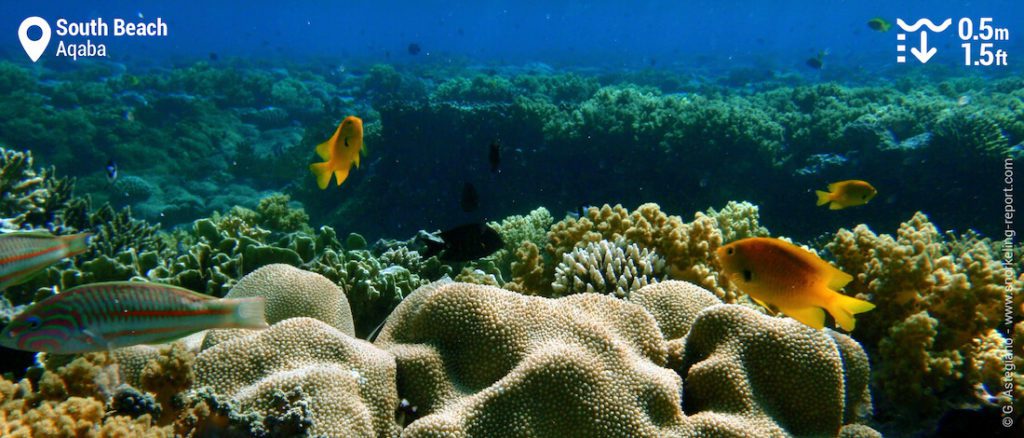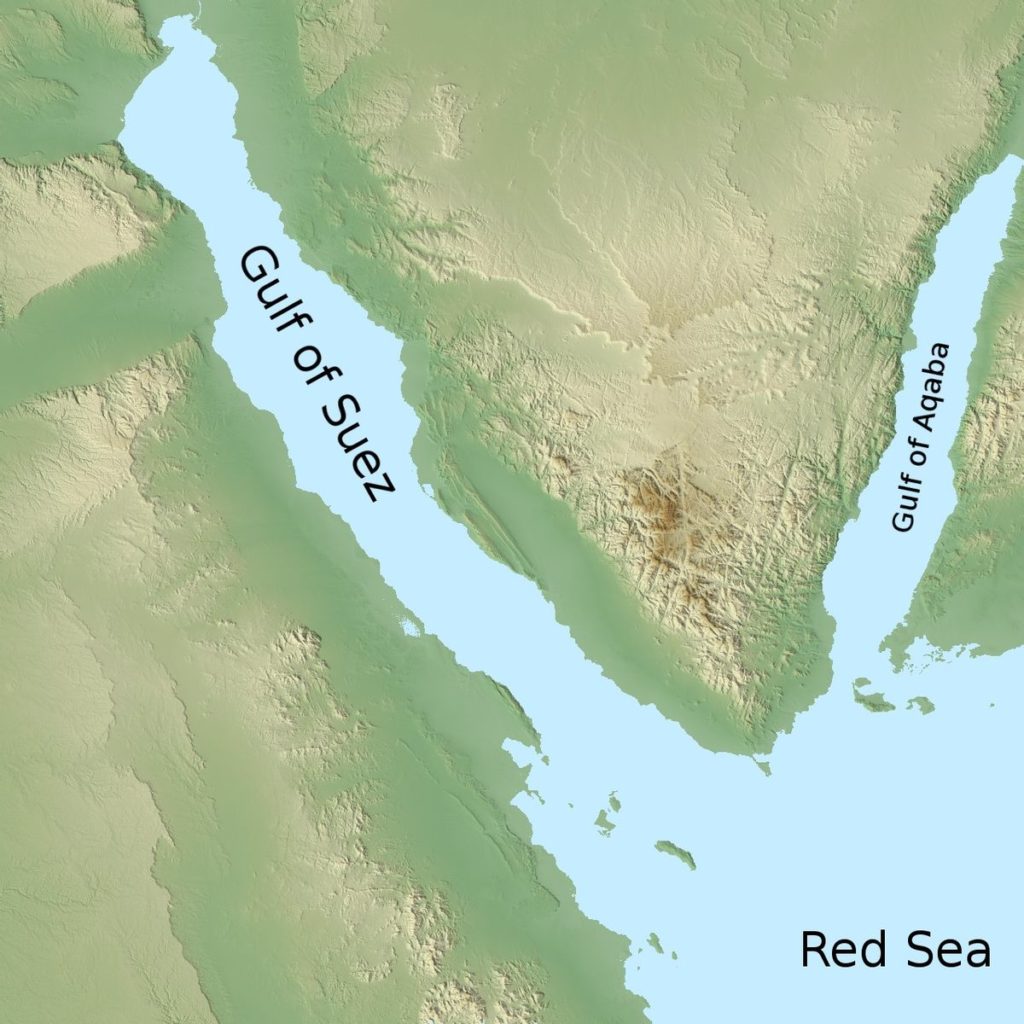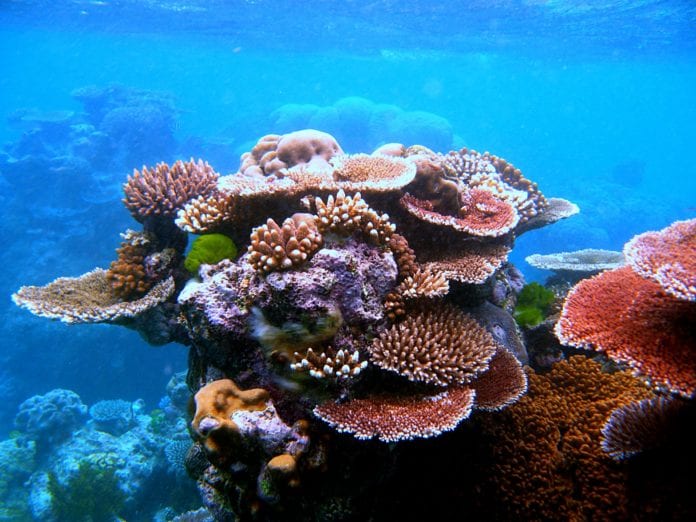Sea corals that are dotted across the world’s oceans are not only beautiful but are also a necessary pillar of the underwater ecosystem. It is through these corals that fish find their sustenance, and other aquatic creatures live.
The rapidly changing weather due to human activities resulting in the emission of greenhouse gases has made the ocean a perilous place for these life-giving aquatic creatures. The corals in Australia are already experiencing bleaching at an enhanced rate, and things do not look good for other corals around the world. What then, can science do to help them out?
Researchers performing experiments on specimen taken from the reef of Aqaba have discovered some startling facts. The researchers increased the temperature of the water one degree above the summer maximum at the Great Barrier Reef. The previous observation at the Great Barrier Reef had indicated that they would die after a couple of weeks of exposure to such temperatures.

However, a certain specimen exists that seems to be untroubled by the increased temperatures. This sparked some interest in the researchers who then proceeded to increase the temperature further by two degrees in a test, and the corals seemed even happier than before when in usual cases, they would die. The researchers were taken by surprise by this behaviour.
The researchers kept on increasing the temperature by three, four, five, and even six degrees. This observation baffled the scientists who initially thought that they might be experimenting the wrong way.
The corals, instead of dying due to the temperature increase, showed better physiological performance. The events of mass bleaching are just an after effect of the increased global temperatures, half of the world’s reefs are already dead due to the changing climate. This research might help us revive the coral reefs in many areas where they have died out.

The results of the experiment confirmed the old reports from the Gulf of Aqaba and Northern Red Sea, which indicated that despite the surface temperature rising there following the global trends, the coral reefs there have never suffered a bleaching event.
This has to lead the researchers to the only logical conclusion that a large number of corals in the Gulf of Aqaba are resistant to higher temperatures. The results are fascinating as it provides new hope for the future of the rest of reefs around the world. After carefully studying the corals, the researchers can hopefully work on these properties and potentially revive or scientifically alter the corals around the world.
This process will take time, and we do not have much of that. The coral reefs around the world are getting pummelled by increasing temperatures, and fast action is required.
Further Reading:


